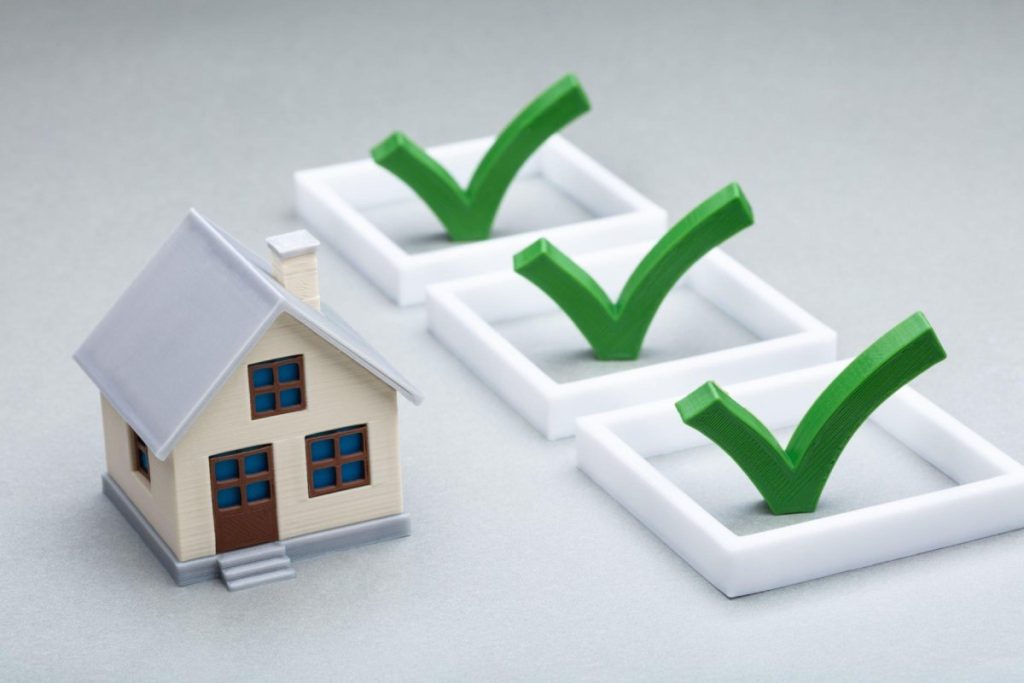Becoming a homeowner for the first time can be overwhelming, but it doesn’t have to be. To help you out, here is a checklist of ten things you should do as a new homeowner:
Learn about home insurance options: Homeowners likely want to protect their investment in case of an emergency, such as theft, natural disaster, or fire. You’ll want to look into what types of policies are available and decide on the best coverage for your needs. Depending on your property type and location, you may be required to purchase certain types of insurance. If you have a mortgage, you will typically be required to purchase insurance as well. Often, your lender will set up an escrow account to collect insurance premiums (usually rolled into the monthly mortgage payment) and ensure they are paid on time.
Consider life insurance: In addition to homeowners’ insurance, new homeowners should think about life insurance. If you have dependents, the death benefit from a life insurance policy can ensure that they can continue paying the mortgage if you pass away unexpectedly. Many homeowners on a budget opt for a term life insurance policy that will cover them for the length of their mortgage.
Understand how taxes work: As a homeowner, you will likely be responsible for property taxes every year. It’s important to understand how much you’ll owe and when these payments are due so that you can budget accordingly and stay on top of expenses. If you have a mortgage, most lenders set up a mortgage escrow account to collect and pay property taxes on the home. The amount of money you need for these payments is often rolled into your monthly mortgage payment.
Get familiar with the Homeowners Association (HOA): If you live in an area with an HOA, you’ll want to learn about the rules and regulations that come with it. You may have to pay monthly dues and they may impose fines if you don’t follow the guidelines.
Learn about local laws & codes: Every city has different laws and codes, so it’s important to research what these are in your municipality before making any changes to your property or engaging in home improvement projects.
Join the local community: If you want to get to know your neighbors, look for ways to get involved in your local area. You may want to join Facebook groups, attend town meetings, or just wave and say hello when you see people out and about.
Research home improvement tips & tricks: As a homeowner, you likely have some ideas for sprucing up your new place. Before getting started, research the best practices for home improvement projects. This can prevent you from making costly mistakes along the way.
Make sure to keep up with maintenance: As a property owner, you’re responsible for the upkeep around your home. This can include regular cleaning, repairs and replacements, pest control measures, and more. To keep track, consider making a list of what you need to do on a monthly, weekly, and yearly basis.
Have an emergency fund: It’s never fun to be caught off guard by a surprise expense, such as a broken boiler or leaky roof. To stay financially prepared for a home repair or other unexpected cost, it can help to build up some cash reserves.
Have fun with it!: Don’t forget to enjoy yourself as a new homeowner! Whether it’s tackling DIY projects or just decorating your home, there are plenty of ways to have fun while settling into your new place.
